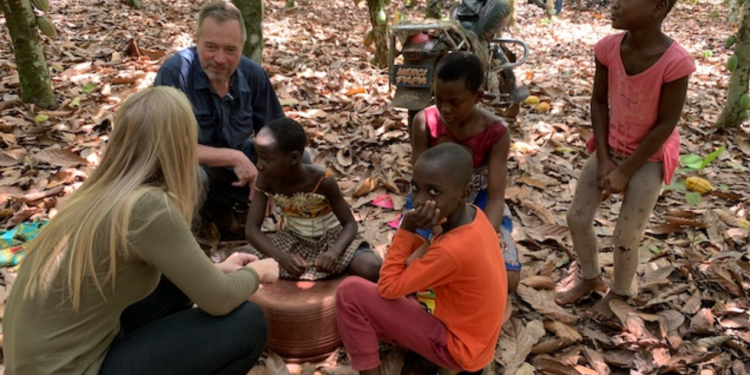Fortune reports that US Supreme Court justices have ruled, eight to one, that Nestlé USA and Cargill could not be held responsible for young children forced to pick cocoa beans up to 14 hours a day for little or no pay.
They said the Alien Tort Statute (ATS) cannot be used to hold multinationals to account for labour abuse committed in their supply chain.
“Nestlé USA and Cargill are US-based companies that purchase, process, and sell cocoa,” said the decision, written by Justice Clarence Thomas.
“They did not own or operate the farms in Ivory Coast. But they did buy cocoa from farms located there,” he wrote.
“They also provided those farms with technical and financial resources—such as training, fertilizer, tools, and cash—in exchange for the exclusive right to purchase cocoa.”
Even so, he argued that the ATS could not be used outside the US.
Terrence Collingsworth, executive director of International Rights Advocates in Washington, brought the lawsuit in 2005 on behalf of the six Malian boys. He said, “None of the Justices and none of parties deny that children like the plaintiffs continue to suffer the horrors of trafficking and slavery.”
In February, he filed a new lawsuit on behalf of child slaves on cocoa farms in Ivory Coast, this time against Nestlé, Cargill, Barry Callebaut, Mars, Olam, Hershey and Mondelēz. The case, in federal court in Washington D.C., was brought under a 2017 law designed to eradicate human trafficking.























